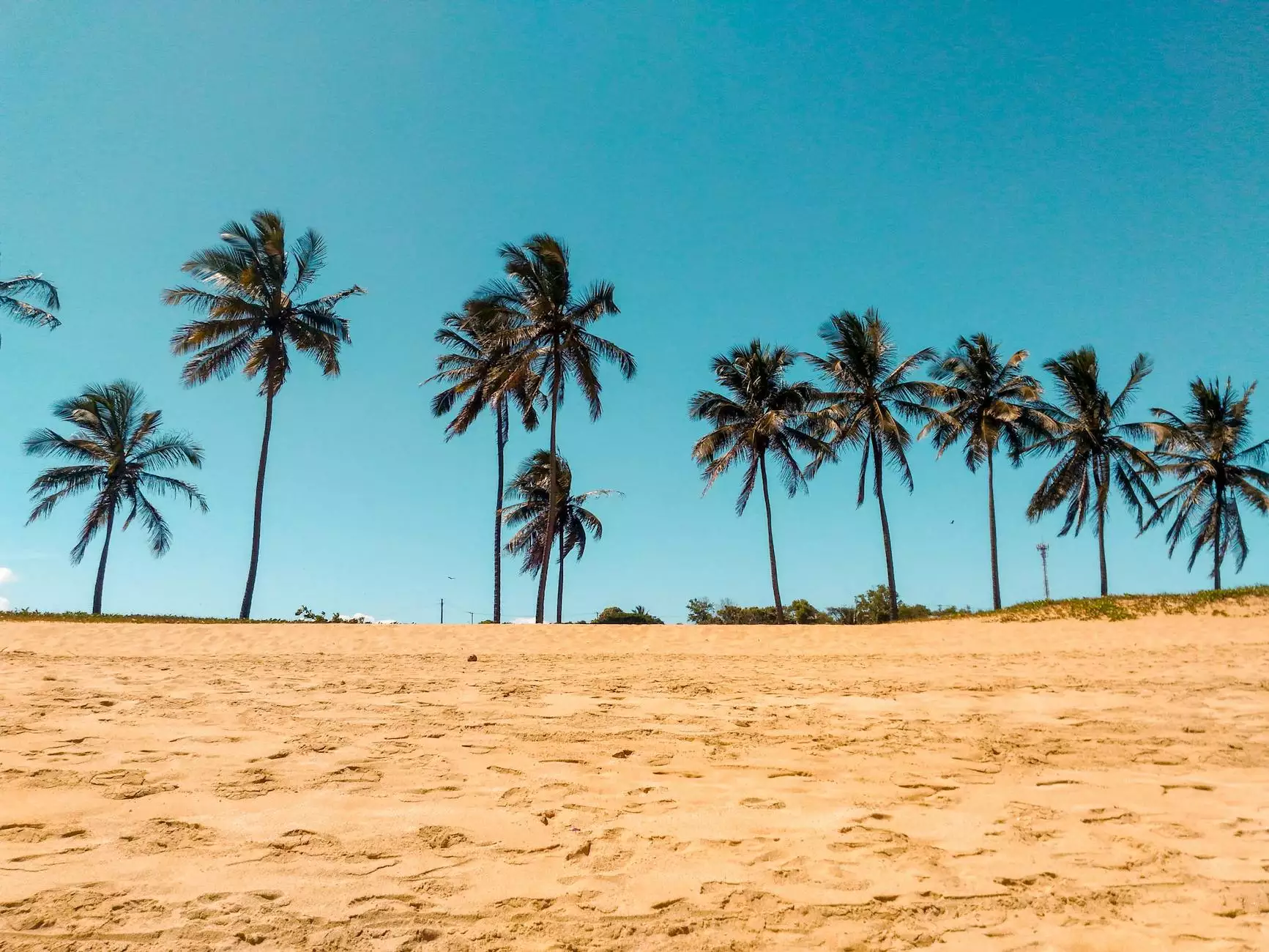Discover the World of Rare Exotic Birds

Welcome to rareexoticbirds.com.au, your ultimate guide to the fascinating realm of rare and exotic birds. Our mission is to ensure that every bird enthusiast, hobbyist, and potential owner is equipped with the knowledge they need to appreciate these incredible species. In this extensive article, we will cover everything from the unique characteristics of these birds to their care requirements and conservation efforts, all while embedding valuable insights to enhance your understanding and passion for these avian wonders.
The Allure of Rare Exotic Birds
Rare exotic birds captivate the hearts of many due to their stunning colors, unique behaviors, and the mystery surrounding their natural habitats. Their existence adds to the biodiversity of our planet, and they play crucial roles in their ecosystems.
Defining Rare Exotic Birds
When we mention "rare exotic birds," we refer to species that are not commonly seen in the wild or in captivity. These birds may originate from remote regions, possess unique physical traits, or exhibit specialized behaviors that make them special. The rarity of these birds often contributes to their allure among collectors and enthusiasts alike.
Characteristics of Rare Exotic Birds
Rare exotic birds can be characterized by several distinct features:
- Vibrant Colors: Many exotic birds boast brilliant plumage that stands out in their natural environment, serving purposes from attracting mates to camouflage in the wild.
- Unique Behaviors: These birds often display fascinating social behaviors, vocalizations, and mating rituals that differ from more common species.
- Cultural Significance: Certain rare birds hold symbolic meanings in local cultures, often featured in art, folklore, and traditions.
Popular Species of Rare Exotic Birds
While the world of rare exotic birds is vast, here are some notable species that exemplify the beauty and uniqueness that rareexoticbirds.com.au is passionate about:
1. Hyacinth Macaw
The Hyacinth Macaw, known for its stunning cobalt blue feathers and striking yellow accents, is one of the largest flying parrot species. These birds are native to South America and are known for their intelligence and playful personality.
2. Resplendent Quetzal
Native to Central America, the Resplendent Quetzal is distinguished by its vibrant green and red plumage, as well as its long tail feathers. It holds significant cultural and ecological importance, often associated with freedom and beauty.
3. Black-capped Lory
Originating from the islands of Indonesia, the Black-capped Lory is known for its brilliant red and black feathers. These small, social birds are incredibly energetic and require a high level of mental stimulation.
Why Choose Rare Exotic Birds as Pets?
Choosing a rare exotic bird as a pet is a rewarding experience, but it comes with its own set of responsibilities. One of the main reasons bird enthusiasts opt for these magnificent creatures is their unique presence and personality. They can become lifelong companions, offering affection and joy in ways that few other pets can.
Understanding Their Needs
Before acquiring a rare exotic bird, it is essential to understand their specific needs:
- Diet: A tailored diet rich in fruits, vegetables, nuts, and seeds is critical for the health of these birds.
- Social Interaction: Many rare birds are social creatures and require regular interaction with their owners or other birds.
- Enrichment: Providing toys, climbing opportunities, and mental challenges is vital to prevent boredom and encourage natural behaviors.
Creating the Perfect Habitat for Your Rare Exotic Bird
One key element ensuring the happiness of your rare exotic bird is creating a suitable living environment. Here are the main factors to consider:
1. Aviary Setup
Your bird's habitat should be spacious enough to enable movement and play. For larger birds, consider an outdoor aviary with climbing structures, shelters, and perches.
2. Indoor Cage Requirements
If housing your bird indoors, ensure the cage is large enough, with appropriate spacing between bars to prevent escapes. Use safe materials and clean regularly to maintain hygiene.
3. Temperature and Humidity
Understanding the climatic needs of your specific bird species can help you maintain the right temperature and humidity levels. Many exotic birds thrive in moderate environments and require consistent conditions.
Conservation and Protection of Rare Exotic Birds
The conservation of rare exotic birds is a critical topic that cannot be overlooked. Many of these species face threats from habitat loss, poaching, and climate change.
Conservation Efforts
Organizations worldwide are dedicating resources toward the protection of rare exotic birds through:
- Habitat Restoration: Rehabilitating natural habitats to promote healthy ecosystems.
- Captive Breeding Programs: Breeding endangered birds in captivity and reintroducing them to their natural environments.
- Awareness Campaigns: Educating the public about the significance of preserving rare bird species and their habitats.
How You Can Help
As a potential bird owner or enthusiast, you can contribute to conservation efforts in various ways:
- Support Conservation Groups: Donate to or volunteer with organizations focused on protecting wildlife.
- Be an Informed Owner: Ensure your bird comes from ethical sources and avoid purchasing from illegal pet trades.
- Spread Awareness: Share information about rare exotic birds and their habitats with others.
The Joy of Birdkeeping
Owning a rare exotic bird can bring immense joy, offering companionship and the opportunity to witness unique behaviors. However, it requires commitment and responsibility. By choosing to welcome one of these extraordinary creatures into your life, you become a steward of their care and a participant in fostering biodiversity.
Final Thoughts on Rare Exotic Birds
The realm of rare exotic birds is as complex as it is beautiful. From the magnificent colors of the species mentioned to their critical roles in our ecosystems, these birds deserve our respect and attention. By educating ourselves through resources like rareexoticbirds.com.au, we not only enrich our lives but also contribute to the understanding and conservation of these remarkable creatures.



